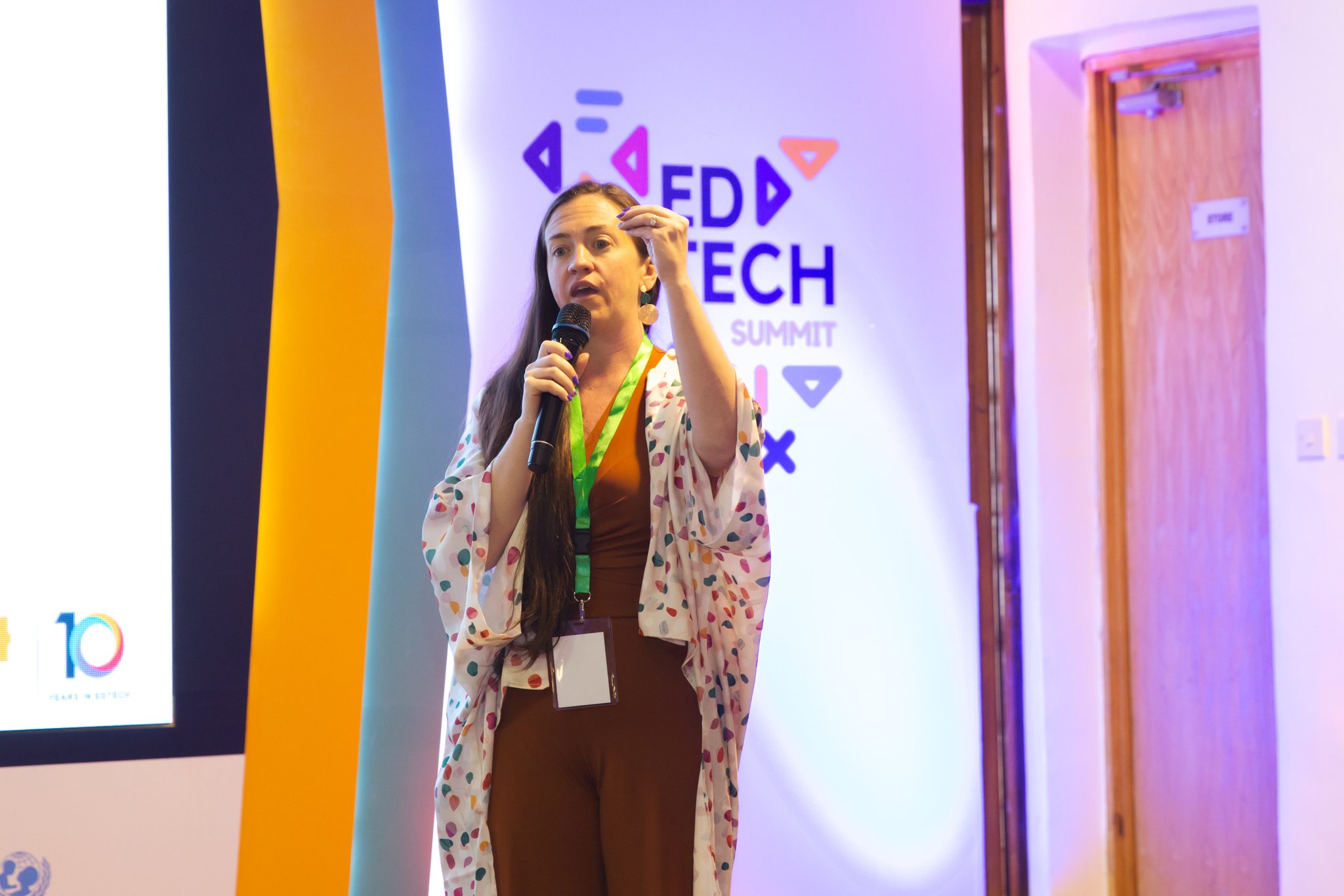

Education technology experts are calling for greater adoption of digital tools in schools to improve access to knowledge and transform teaching and learning.
Speaking during the National EdTech Summit in Nairobi, stakeholders said technology equips students with both technical and soft skills needed to thrive in a fast-changing global workforce.
Nexford University’s County Director, Lydia Karingithi, stressed the importance of extending digital access to remote areas.
“We can even rotate some of the tech devices in underserved regions to offer lessons and programs for teachers and learners. Leveraging technology is the right way to drive awareness, skills, and innovation until we get there,” she said.
Alex Kamanga, co-founder and CEO of Fundis App, noted the mismatch between training in institutions and the fast-evolving job market.
“The biggest challenge we face is outdated training systems. At the TVET level, there is little engagement with employers and industry players. That’s the gap we’re trying to close,” he said.
For teachers, the pace of technological change poses both opportunities and challenges. Anne Kibara, Deputy Head Teacher at Ng’ondu Primary and Junior School in Kamulu, said educators must continually update their skills.
“I am keen to know how AI can benefit teaching and learning, and how I can keep up with innovations. But the biggest challenge we face is having too few digital devices compared to the number of learners,” she noted.
The two-day summit brought together educators, policymakers, researchers, EdTech entrepreneurs, development partners, Ministry of Education officials, and learners from across the country.
Jennifer Otieno, CEO of EdTech East Africa, highlighted digital infrastructure gaps.
“Most schools have power, but it can be unreliable. Connectivity is also still a stretch for many. That’s why we come together as a community—to push for full digital infrastructure,” she said.
She added that offline tools could also play a role:
“We don’t always need connectivity. A lot of conversations are around how
offline digital tools can promote better learning and support for teachers.”
Representing the Ministry of Education, Director of Primary Education Stephen Barongo, assured participants that the government is exploring the use of emerging technologies.
“We are looking at how AI can provide personalized learning pathways for students and support teachers with automated grading and administrative tasks,” he said.
The summit examined the latest evidence in EdTech and explored sustainable approaches to strengthen Kenya’s education system.
According to UNESCO’s Global Education Report 2023, fully harnessing the potential of innovation requires a comprehensive approach that involves all players in the education sector.













